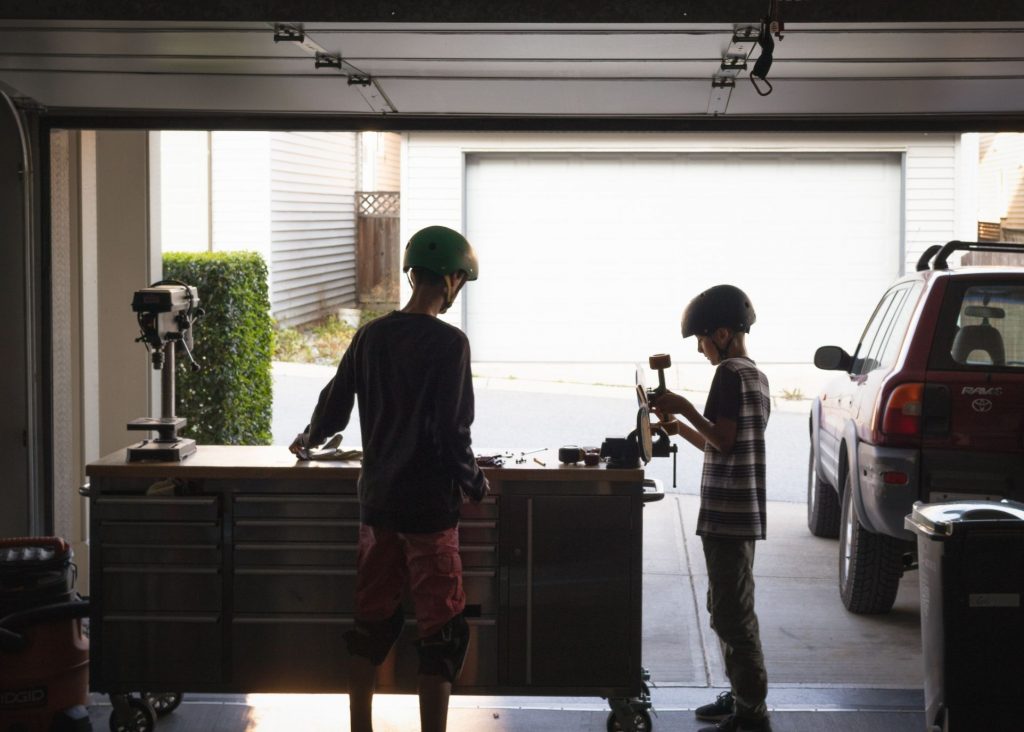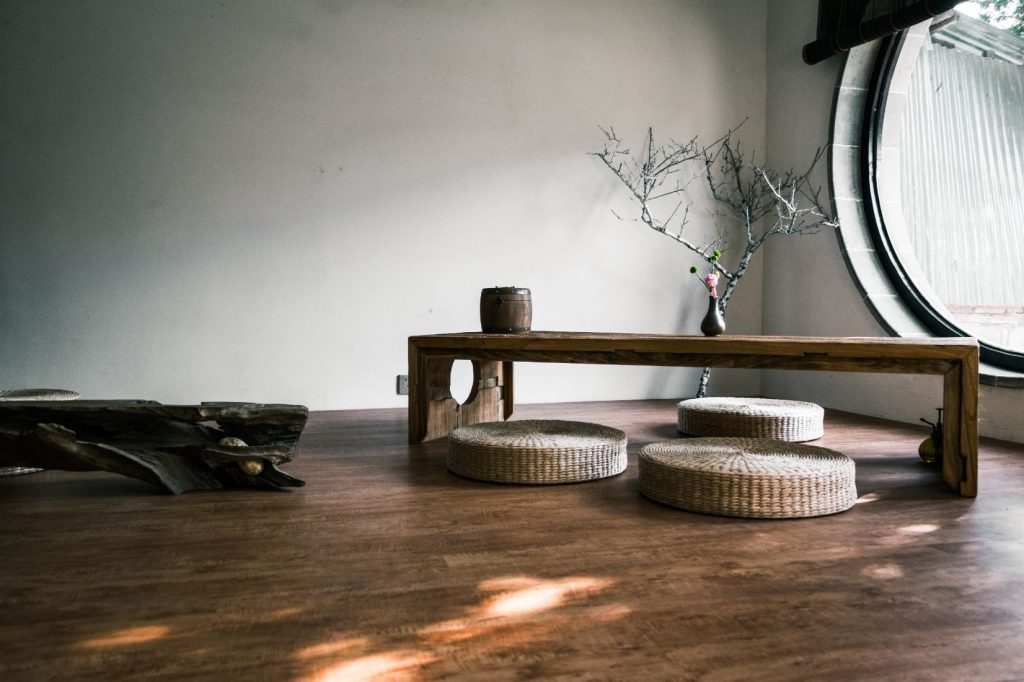If you live in a condo, you will likely get some amount of noise coming in through your neighboring walls. It’s normal to hear some sound from your neighbor’s unit, but if you hear their voices clearly and can discern exactly what they’re saying, you need soundproofing. Sound travels via vibration and it can get into any crack, nook, or cranny. Therefore, any potential pathways should be blocked with insulating material. According to the International Code Council, insulation should have a sound transmission class (STC) rating of 45 or more. The higher the rating, the better job it will do in keeping sound blocked. If you’re tired of hearing about what your neighbor ate for dinner, this article will give you tips on how to soundproof a condo wall so you can get the peace of mind you need.
Benefits of Soundproofing
Many benefits come with soundproofing a condo. For one, it will make the atmosphere in your home more relaxed. A nice, quiet home will be peaceful and provide an atmosphere that you look forward to coming home to. It will allow you to concentrate better so you can be more productive during the day. It will keep noisy neighbors from keeping you up and night so you get better sleep and enjoy improved physical and mental health. When it comes to selling your property, soundproofing will increase the value of your condo. Buyers will feel better knowing that they won’t have to worry about noise annoyances and interruptions. When people come by for an open house and ask you can you hear your neighbors in a condo? you can confidently say no.

What To Soundproof
When deciding what parts of the condo to soundproof, determine where the sound is coming from. Go from there to use products that will reduce sound. Noise can be coming from any area of the house but the most likely culprits include windows, doors, walls, and cracks. Windows are nowhere as thick as walls and when they’re open, they can reduce soundproofing significantly. Windows should be closed and sealed to reduce noise. Doors are even weaker than windows when it comes to letting noise in. Use door sweeps and seals to boost sound insulation. Many condos have thin walls that let noise through. For best results, use soundproofing materials to fill the space in the wall and thicken the material. Cracks and gaps in doors and windows should be insulated to ensure soundproofing is effective.

Soundproofing Hardwood Floors
Hardwood floors are a favorite for many people. They look great, they’re easy to clean and they last a long time. But one downside is that they are very likely to carry sound. Unlike carpet that absorbs sound, hardwood reflects sound forcing it to vibrate through your neighbors’ apartments. It can also be squeaky which adds to the disturbance factor. And if anything falls on the floor…forget about it! If you are looking to soundproof your hardwood floor, PROFLEX 90 is the way to go. This product goes under hardwood, stone, and tile and it has a self-bonding sound reduction membrane with an STC of 72. It fills cracks to prevent sound from seeping through and it has an easy-peel application. It is great for reducing footsteps and airborne noise. It is the ideal solution for soundproofing hardwood floors condo.

